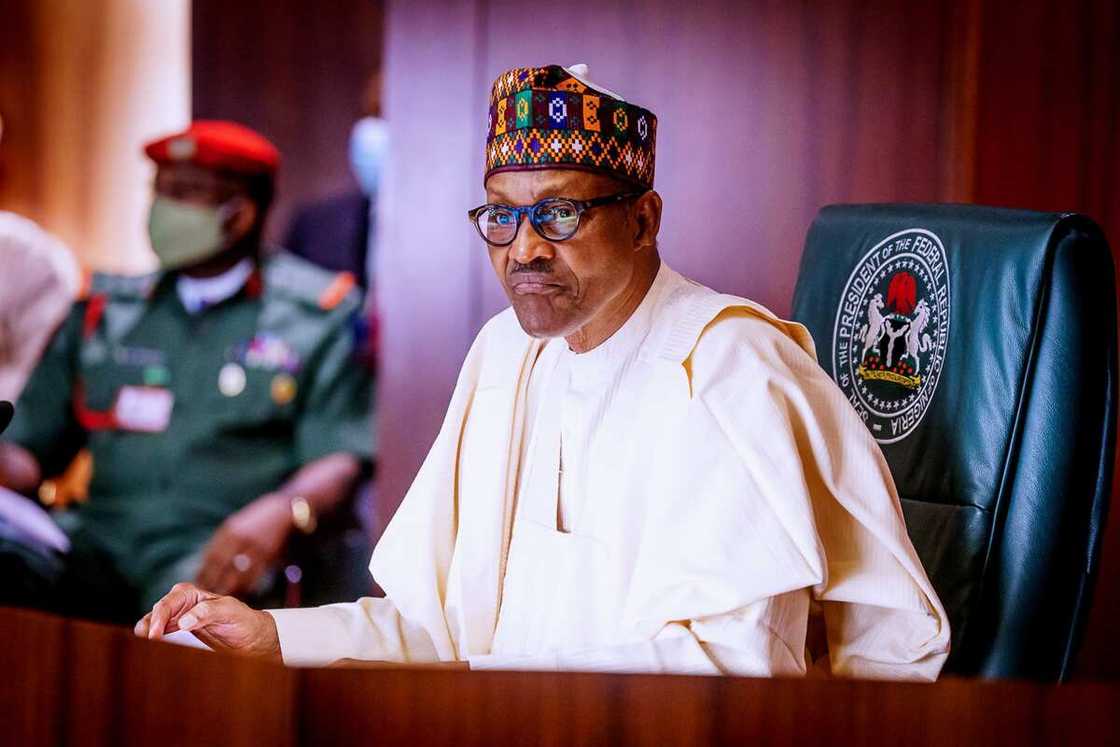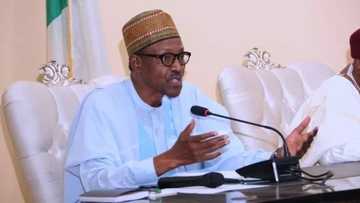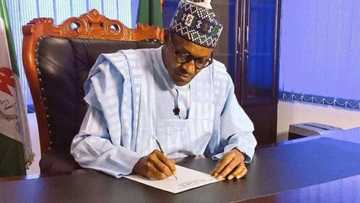OPINION: 7 Reasons Why There’s Always Conflict in Nigeria by Abdulrazaq Hamzat
Editor's note: Abdulrazaq Hamzat, an Illorin-based public affairs commentator and convener of Kwara Must Change, in this piece, writes on why there is always conflict in Nigeria.
PAY ATTENTION: Join Legit.ng Telegram channel! Never miss important updates!
In the last few years, agitations and shouts of marginalization have been very prominent almost in all corners of Nigeria.
Minority groups continue to raise alarms over stifling policies aimed at shoving them away from benefitting from being part of the nation.
The situation has led to suspicion among the various ethnic, religious, and regional groups in the country.

Source: Twitter
PAY ATTENTION: Get the Latest Nigerian News Anywhere 24/7. Spend less on the Internet!
Abdulrazaq Hamzat, an Illorin-based public affairs commentator says Nigeria is in constant crisis because of the following:
1. Christians are made to believe Muslims are their problem, while Muslims are made to believe Christians are their problem.
2. North is made to believe the south is their problem, while the south is made to believe the north is their problem.
3. Youths are made to believe elders are the problem, while elders are made to believe Youths are the problem.
4. Citizens are made to believe the government is the problem, while the government is made to believe citizens are the problem.
5. The poor are made to believe the rich are the problem, while the rich are made to believe the poor are the problem.
6. The educated are made to believe none educated are the problem, while none educated are made to believe educated are the problem.
7. Diasporans are made to believe people at home are the problem, while those at home are made to believe diasporans are the problem.
In truth,
8. We against them will always lead to mutual suspicion. Mutual suspicion will always lead to conflict. Conflict will always hinder purposeful mission and the circle will always continue, if not stopped.
9. We need to communicate rightly and end the culture of we against them.
10. Government, traditional institutions, media, civil society, and religious leaders have a major role to play in changing this narrative for us all to have peace.
Disclaimer: The views and opinions expressed here are those of the author and do not necessarily reflect the official policy or position of Legit.ng.
Your own opinion articles are welcome at info@corp.legit.ng— drop an email telling us what you want to write about and why. More details in Legit.ng’s step-by-step guide for guest contributors.
Contact us if you have any feedback, suggestions, complaints, or compliments. We are also available on Twitter.
Source: Legit.ng



